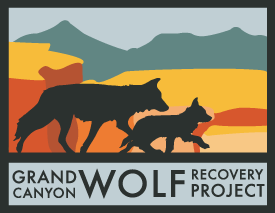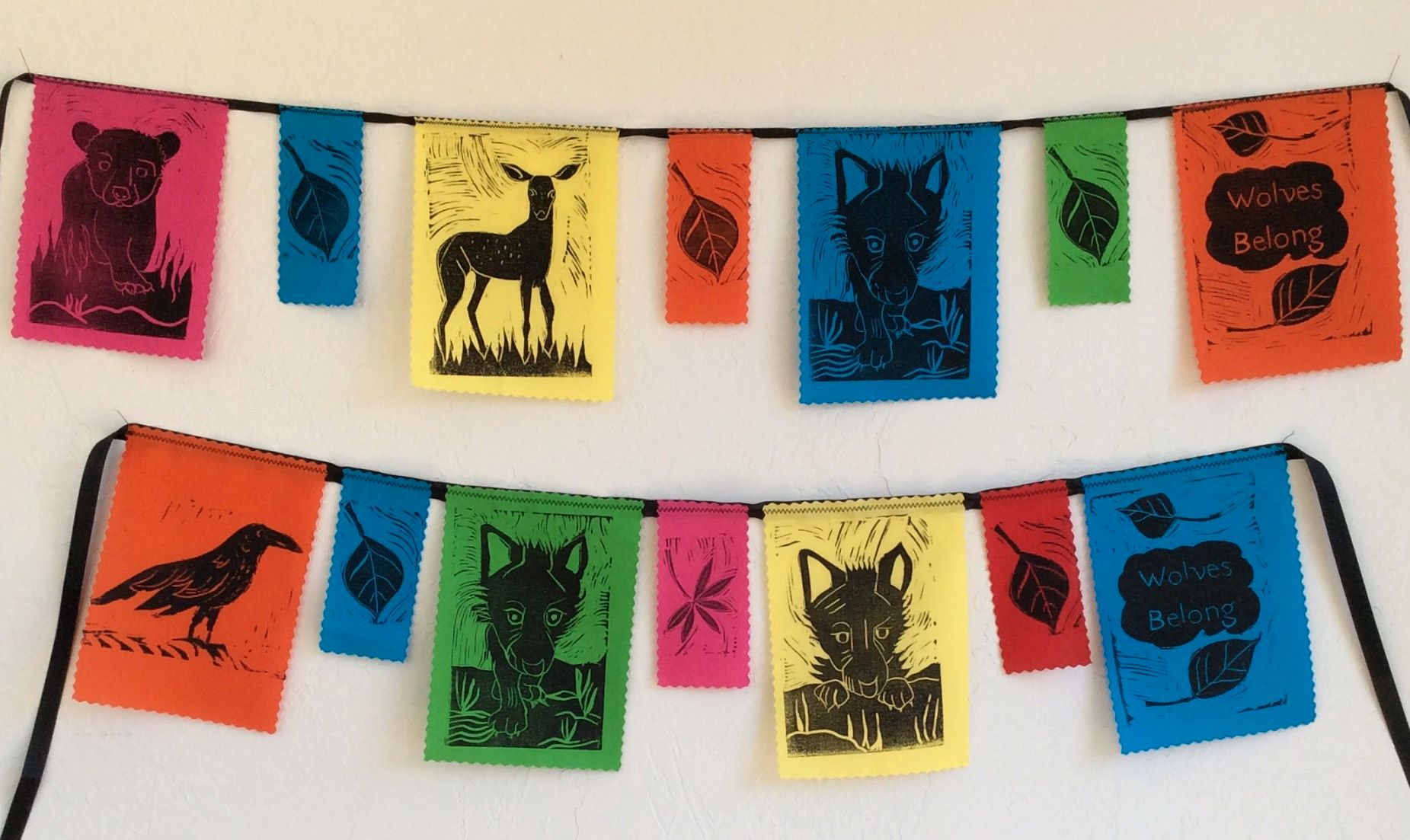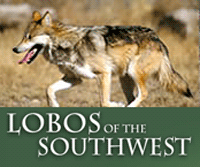Money is included in budget despite Dems' insistence project is a "waste."
Salt Lake Tribune (original) Posted on March 10, 2013 by Brian Maffly
A $300,000 line item to fund efforts to prevent wolves from being "reintroduced" in Utah as part of a federal gray wolf-recovery effort will be included in the budget headed for final votes in the next few days.
Democratic lawmakers on Friday unsuccessfully attempted to strip the money from the spending plan. Without debate, and on a party-line vote, the little-scrutinized project was adopted by the Legislature's Executive Appropriations Committee, made up of leaders of the House and Senate.
"It seems like a waste," said Senate Minority Leader Gene Davis, D-Salt Lake City. "It's another challenge to federal authority to protect wildlife. The problem isn't even here."
The $300,000 appropriation — the second in as many years for the anti-wolf campaign — was recommended by Senate Majority Leader Ralph Okerlund, R-Monroe.
An outspoken critic of wolves — who also was sponsor of last year's so-called "Mule Deer Protection Act," more than doubling the $20 bounty on coyotes — Okerlund received $6,500 in campaign donations last year from the two men requesting the funding.
Don Peay, founder of the influential Sportsmen for Fish and Wildlife and the spin-off organization Big Game Forever, gave Okerlund $1,500 last July, according to state records. Ryan Benson, attorney for and co-founder of Big Game Forever, contributed $5,000 last Aug. 2 — the same day the state Division of Wildlife Resources signed a contract with Big Game Forever to lobby in support of state control over the gray wolf, a federally protected species.
Peay requested the $300,000 this year in a Feb. 21 hearing before the Natural Resources, Agriculture and Environment Appropriations Subcommittee, describing the devastation wolves would cause to Utah wildlife. He accused the U.S. Fish and Wildlife Service of manipulating the Endangered Species Act to justify introducing the Mexican gray wolf in Utah.
Benson had made the successful funding request in the 2012 Legislature — seeking $500,000, which was ultimately whittled down to $300,000.
Wolves are "a $100 million issue in three states and soon to be a $300 million issue in nine states," he told the Natural Resources budget panel at the time. "These states hold 97.5 percent of all elk in America. It's a huge issue for agriculture."
Federal officials dispute the claims of the Big Game Forever founders — insisting no such wolf re-introduction has been proposed, although the Mexican wolf recovery plan is under revision. And conservationists say warnings that wolves would destroy Utah wildlife populations and agriculture are untrue and absurd.
Benson did not, in his testimony to the Legislature last year, nor in his formal bid for the state’s $300,000 contract last July, spell out a specific plan of action, but painted a general strategy of attacking the wolf problem in Congress, in the courts and through grass-roots education. And Big Game Forever’s contract with the state requires no formal report on its activities or accomplishments until June.
But in both his oral and written presentation, Benson referred to the importance of Washington lobbying.
The contract-winning plan submitted by Big Game Forever last July — the only one submitted in response to the state’s request for proposals — described Benson and his group as having been at the forefront of legislative efforts to delist wolves, and said he had met with "scores of congressional offices" on the issue. Included was a 2011 letter from Utah Sen. Orrin Hatch testifying to Benson’s tireless work and his being "instrumental" in progress on the issue.
The formal proposal also highlights the organization’s extensive work with professional advisers and describes Tim Rupli as "Big Game Forever’s professional lobbyist in Washington, D.C., on the wolf-delisting effort." It describes Rupli as "one of the most influential lobbyists in Washington, D.C.," and summarizes his background working in the Reagan and Bush administrations and representing Utah in the federal Base Realignment and Closure proceedings in the 1990s.
Federal records, however, show not a single lobbyist is registered for Big Game Forever in Washington, and none has been since Rupli’s last filing for the organization in April 2011. That’s when Congress voted to delist the gray wolf in the Northern Rockies, where hunters have killed more than 1,200 in the last 18 months. Although the gray wolf was declared recovered in the Northern Rockies in May 2011, it remains federally protected in Utah and other Western states. A broader delisting is expected this year.
Neither Benson nor Peay is registered as a D.C. lobbyist, according to the records.
Benson had responded to an emailed interview request indicating a willingness to answer questions but had not replied to them as of Saturday.
With the Legislature’s main budget committee approving the $300,000 line item Friday, the project is expected to win approval of the full Legislature by Thursday’s adjournment.
The budget will not be final until approved by Gov. Gary Herbert, who has until April 3 to act on legislation. In Utah, a governor has line-item veto power.
Herbert’s campaigns have received more than $20,000 from the Big Game Forever organizers — $15,150 from Peay in two donations in 2010 and 2011 and $5,000 from Benson in 2010, according to state records.
Tony Semerad and Robert Gehrke contributed to this report.





